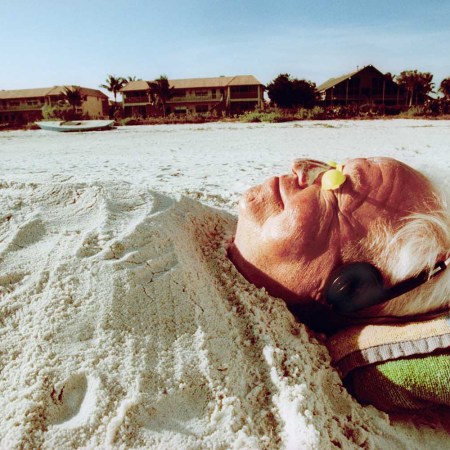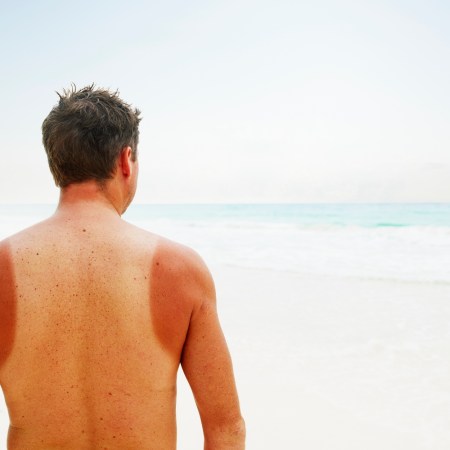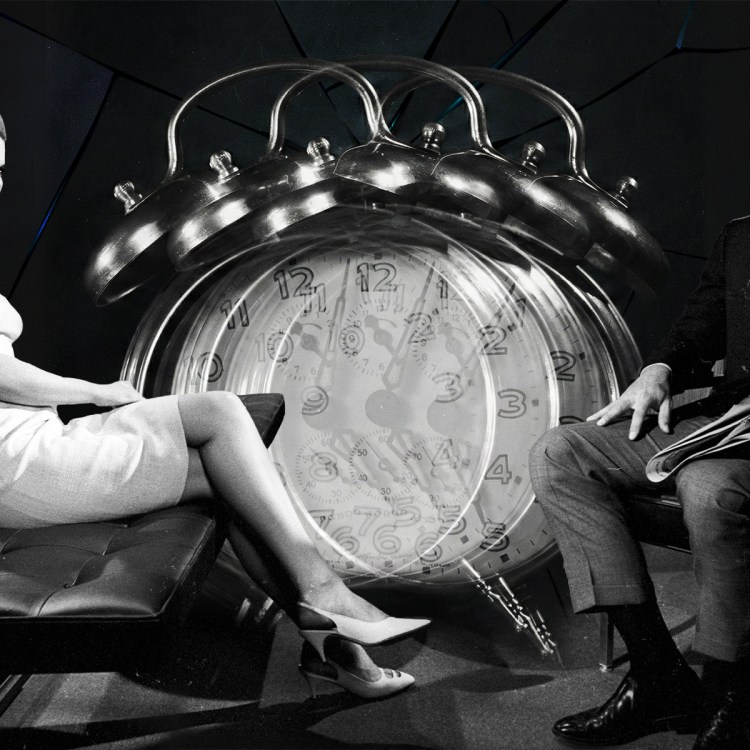Here’s Kiehl’s pitch for why men should use eye cream:
“The skin here is thinner than the rest of your face, meaning it’s more prone to show the effects of aging, environmental damage, and an unhealthy lifestyle. In men, an issue like sagging is actually more pronounced than in women, meaning an eye cream is the one product to help keep the eye area looking and appearing firm.”
The brand goes on to explain that conventional moisturizers are “sadly” incapable of doing much for the face’s thinnest and most sensitive patches of skin. So if you’d rather not walk around looking like you got three hours of sleep for the rest of your life, you should probably cough up $36.
It’s a compelling pitch, and one that a host of other skincare brands are pedaling. But does eye cream really do anything? Does it actually tighten and brighten the skin? Or is it just another salve for our general insecurities around aging?
According to a recent piece by Amanda Mull for The Atlantic, eye creams aren’t total bullshit. They contain ingredients that are effective at attracting and trapping moisture to the skin, and can help you achieve a smoother texture, like any other facial moisturizer.
But that’s also the problem: Eye creams are supposed to be superior to facial moisturizers, at least in the arena of removing bags from under your eyes. And yet, as Mull discovered after some low-stakes prodding of current chemists and former cosmetologists, “most beauty products don’t vary all that much.” The main difference is the lack of eye-irritants…but you can find irritant-free facial moisturizers.
Brands would rather you focused on whatever ingredient they’ve splashed across the label — caffeine, avocado, Vitamin C — even though it’s unlikely that these things will de-puff or de-line your face any better than a traditional serum. There are some levers you can pull for a younger-seeming face (don’t smoke, drink less, clean up your diet, sleep more), along with some factors you can’t control (bone structure, genetics), but no amount of eye cream rubbed into your upper cheeks is going to turn back time.
As one source told Mull, “All the new things coming out are really just marketing stories about the technologies that have existed forever.” The serums aren’t getting better, but the storytelling behind them is. Meaning that new consumers (men represent an untapped gold mine for the skincare industry) should proceed cautiously and keep expectations low.
Some may not care much whether eye cream works or not. Those wellness gummies that pop up in your Instagram ads don’t do much of anything, but people pay for $30-a-month subscriptions anyway. It’s nice to have a ritual you can stick to that feels like you’re addressing your age.
If there’s something that you should definitely be putting on your face, prioritize sunscreen, not eye cream. The science is clear on that front. Go with this one. It’s around $36…but at least it’s in the business of adding years to your life, instead of reminding you how many you’ve lived.
The Charge will help you move better, think clearer and stay in the game longer. Subscribe to our wellness newsletter today.



















